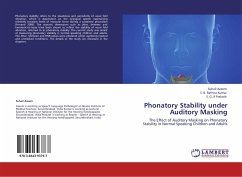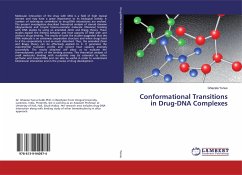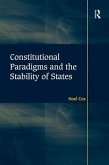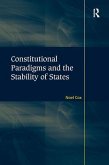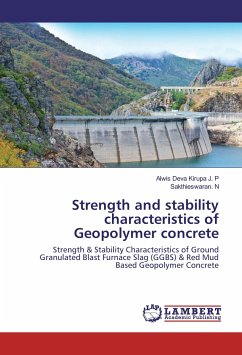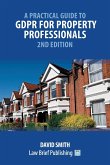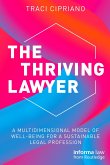This book examines the English and German version of the numerus clausus principle which holds that there is a closed list of permitted property rights. It challenges recent views that the principle renders property law inflexible and unable to accommodate social and economic changes. Relying on a novel approach combining property theory and comparative research of English and German law, it argues that the restrictions the principle imposes on the creation of new property types actually does accommodate social changes through a process of 'functional transformation' of the existing property rights. This is a fascinating, unique study, that makes a rigorous, original contribution to property law theory.
Bitte wählen Sie Ihr Anliegen aus.
Rechnungen
Retourenschein anfordern
Bestellstatus
Storno


